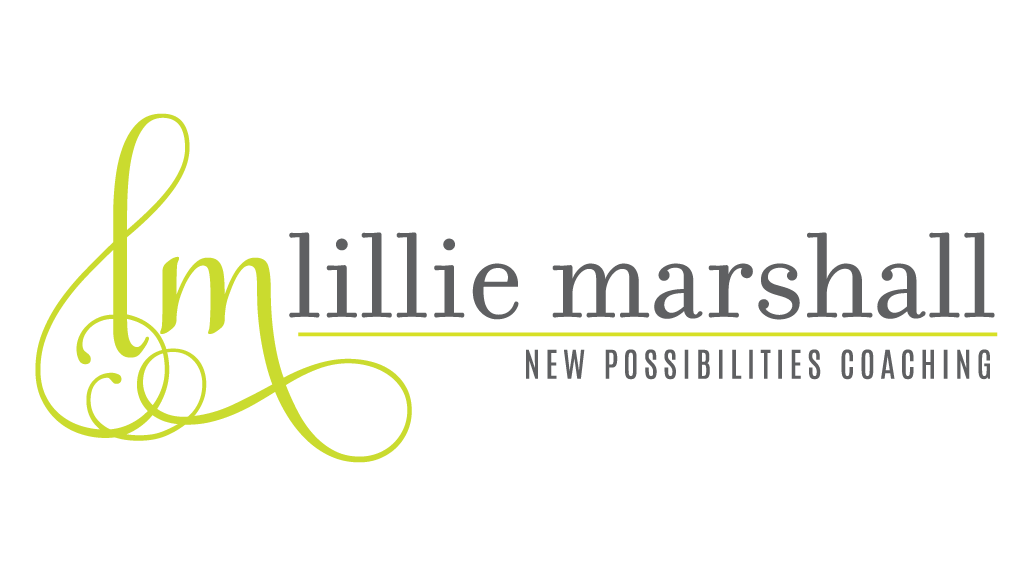I’ve been thinking about authenticity. As a recovering perfectionist and people pleaser, practicing authenticity is a big part of my daring.
So what is authenticity? It’s something we all look for and value in others. We don’t like or really trust people who we see as fake or phony. We look for people that are real...authentic. People that are willing to show us who they truly are without putting up some sort of image that accentuates or manufactures (perceived) positive aspects and hides any others.
Interestingly, even though it’s the first thing we look for in others, it’s often the last thing we want people to see in us. We’re afraid to show our authentic selves for fear of not measuring up, fitting in, or being accepted (and ultimately loved) by others.
We see all of our imperfections and convince ourselves that if people saw the “real us” it would be too much, or not enough and they wouldn’t choose to be with us.
So we create this false self. We bring our “good” traits forward or even try to create ones that we think we need to be loved and accepted, and we disown those parts of us that we deem unacceptable.
We get our ideas about what is acceptable, or not, from our families, our social groups, our religions, our cultures, and society in general. There are abundant messages flowing to us about what we “should” be and not be.
We internalize these messages and create some of our own based on our observations and experiences. Then we set about creating an identity that we believe will be accepted by others.
But our Soul knows the truth and draws us toward real...hence, it’s the first thing we look for in others.
So what does authenticity look like?
From a psychological perspective, Stephen Joseph, Ph.D. shares some insight in his blog (https://www.psychologytoday.com/blog/what-doesnt-kill-us/201608/7-qualities-truly-authentic-people) stating;
Humanistic psychologists would say that by definition, authentic people possess a number of common characteristics that show they are psychologically mature and fully functioning as human beings. They...
1. Have realistic perceptions of reality.
2. Are accepting of themselves and of other people.
3. Are thoughtful.
4. Have a non-hostile sense of humor.
5. Are able to express their emotions freely and clearly.
6. Are open to learning from their mistakes.
7. Understand their motivations.
This is what is means to be true to oneself. And conversely, inauthentic people...
1. Are self-deceptive and unrealistic in their perceptions of reality.
2. Look to others for approval and to feel valued.
3. Are judgmental of other people.
4. Do not think things through clearly.
5. Have a hostile sense of humor.
6. Are unable to express their emotions freely and clearly.
7. Are not open to learning from their mistakes.
8. Do not understand their motivations.
These ring true for me.
I was especially struck by the hostile sense of humor. Something has never felt right to me about humor that is at the expense of someone else. It feels “mean-spirited” to me, and not funny! Funny thing, I’ve been told by those people that I just don’t have a good sense of humor, or that I take things too seriously.
How about you? What do you think about these lists?
I’d love to hear your thoughts...please share in the comments below.
More to come on this topic…it’s a big one! In future blogs we’ll dig into the disowned self and how the true self comes into this equation.
In the meantime…I’ll leave you with one of my favorite quotes from Dr. Brené Brown, “Authenticity is the daily practice of letting go of who we think we’re supposed to be and embracing who we are.”
With love,
Lillie

